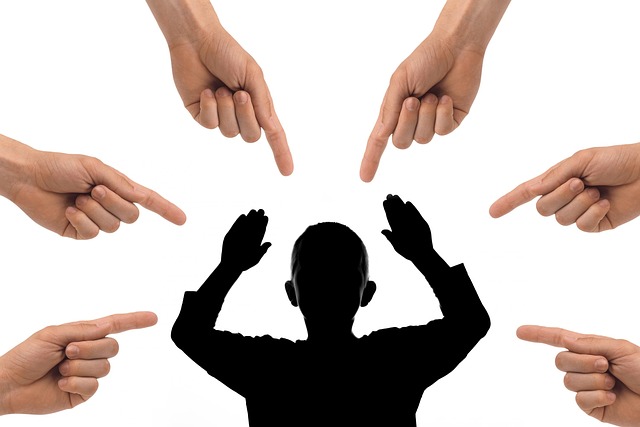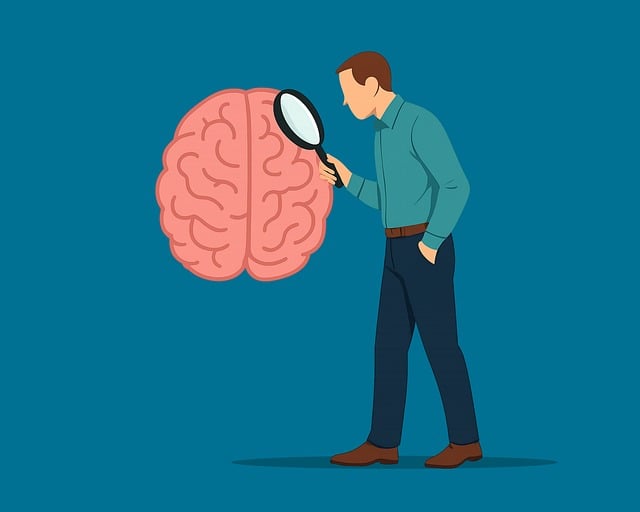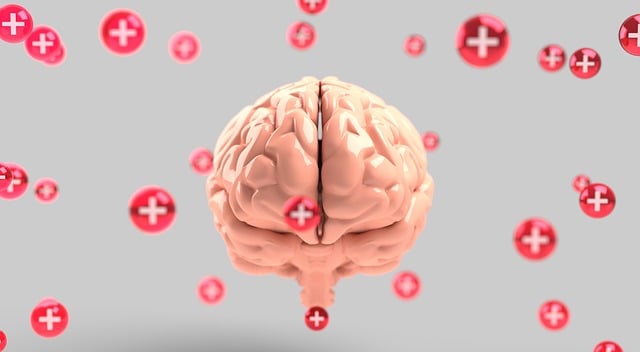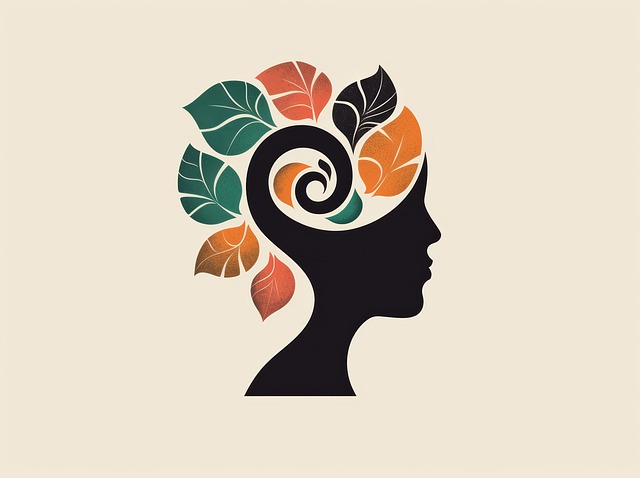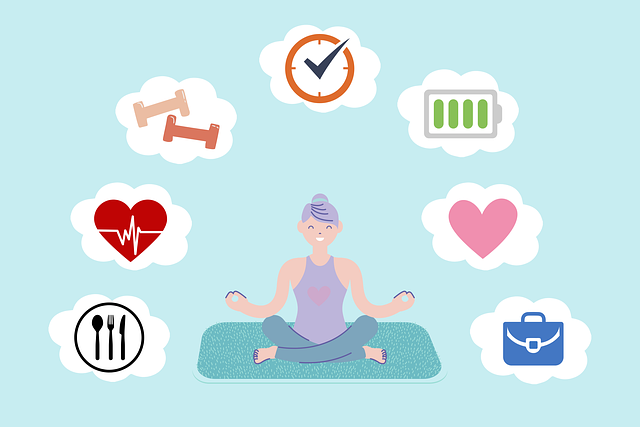Mental wellness self-assessment tools are crucial for early identification and support of mental health issues in young children, especially those with gender identity concerns. These tools encourage self-awareness and emotional intelligence through age-appropriate and inclusive exercises, enabling tailored therapy that addresses unique challenges. By integrating playful elements for younger children and non-judgmental approaches for older kids exploring their identities, these assessments foster safety and open communication. Continuous improvement based on recent research and diverse perspectives ensures accuracy and accessibility, while educating on self-care routines promotes a proactive approach to mental wellness in this vulnerable population.
Mental wellness self-assessment tools play a pivotal role in early detection and intervention. This article explores their development, focusing on tailored approaches for young children and unique populations like those with gender identity issues. We delve into strategies for enhancing accuracy and accessibility, highlighting the importance of integrating developmentally appropriate techniques. By understanding these tools’ potential, we can improve mental health therapy for young children and address diverse needs effectively, including those related to gender identity.
- Understanding Mental Wellness Self-Assessment Tools
- The Importance of Tailoring Assessments for Young Children
- Addressing Therapy for Ununique Populations: Gender Identity Issues
- Integrating Developmentally Appropriate Techniques in Assessment
- Enhancing Accuracy and Accessibility: Continuous Improvement Strategies
Understanding Mental Wellness Self-Assessment Tools

Mental wellness self-assessment tools play a pivotal role in identifying and addressing mental health concerns early on, particularly among vulnerable populations like young children. These tools are designed to facilitate self-reflection and provide insights into an individual’s emotional well-being, thoughts, behaviors, and overall mental health status. By integrating them into therapy sessions or community outreach programs, professionals can offer tailored support for diverse needs, including those related to gender identity.
Self-assessment exercises enhance self-awareness, a crucial component of emotional intelligence, enabling children to express their feelings, understand their experiences, and communicate them effectively. This proactive approach to mental wellness can significantly impact young people’s ability to navigate life challenges, fostering resilience and promoting healthy development. Effective tools should be age-appropriate, inclusive, and sensitive to the unique needs of different demographics, ensuring that every child receives the therapy they deserve regardless of gender identity or background.
The Importance of Tailoring Assessments for Young Children

Addressing Therapy for Ununique Populations: Gender Identity Issues

In recent years, there’s been an increasing recognition of the unique mental wellness needs within diverse populations, particularly among young children with gender identity concerns. Traditional therapy approaches often fail to cater to the specific challenges faced by this demographic, leaving a critical gap in their effectiveness. The complexity of gender identity issues requires specialized interventions that can facilitate emotional regulation and stress reduction methods tailored to their unique experiences.
Developing self-assessment tools that integrate sensitive strategies for addressing these concerns is pivotal. These tools should promote positive thinking and encourage open communication, enabling professionals to offer more inclusive therapy for young children navigating their gender identity. By fostering a supportive environment, these interventions have the potential to significantly impact their mental wellness outcomes.
Integrating Developmentally Appropriate Techniques in Assessment

In developing mental wellness self-assessment tools, it’s crucial to integrate techniques that are developmentally appropriate for diverse populations, including young children and those exploring gender identity. Tools designed for younger audiences should incorporate playful elements, visual aids, and simple language to foster engagement while encouraging self-reflection. For instance, a Mental Wellness Podcast Series Production focused on emotional intelligence for kids can offer interactive stories and activities that teach coping strategies in an entertaining manner.
Similarly, when catering to individuals navigating gender identity, the assessment should be inclusive and non-judgmental. This might involve incorporating open-ended questions and multiple-choice options that respect various gender expressions. Mental Wellness Coaching Programs Development designed with this demographic in mind should also offer private and confidential spaces for honest self-expression, ensuring participants feel safe to explore their identities without fear of stigmatization or discrimination.
Enhancing Accuracy and Accessibility: Continuous Improvement Strategies

To enhance the accuracy and accessibility of mental wellness self-assessment tools, continuous improvement strategies are essential. Regular updates based on the latest research in therapy for young children and emerging findings related to gender identity can ensure that assessment methods remain effective and relevant. Incorporating diverse perspectives and feedback from various users, including therapists, educators, and individuals identifying with different gender identities, is crucial for refining these tools.
This iterative process should also prioritize user-friendliness and accessibility. Developing self-assessment platforms that are adaptable to different needs, such as offering options for visual or auditory presentations, can make mental wellness support more inclusive. Encouraging the use of these tools through education on emotional healing processes and promoting self-care routine development for better mental health, including positive thinking techniques, will foster a culture where mental wellness is prioritized and assessed proactively.
Mental wellness self-assessment tools play a pivotal role in promoting overall well-being, especially for vulnerable populations. By tailoring assessments for young children and addressing unique needs like gender identity issues, we can ensure more effective therapy. Integrating developmentally appropriate techniques enhances the accuracy and accessibility of these tools, fostering inclusive mental health support. Continuous improvement strategies are essential to keep up with evolving needs, ensuring that everyone, regardless of age or identity, has access to the resources they require for a healthier mind.
